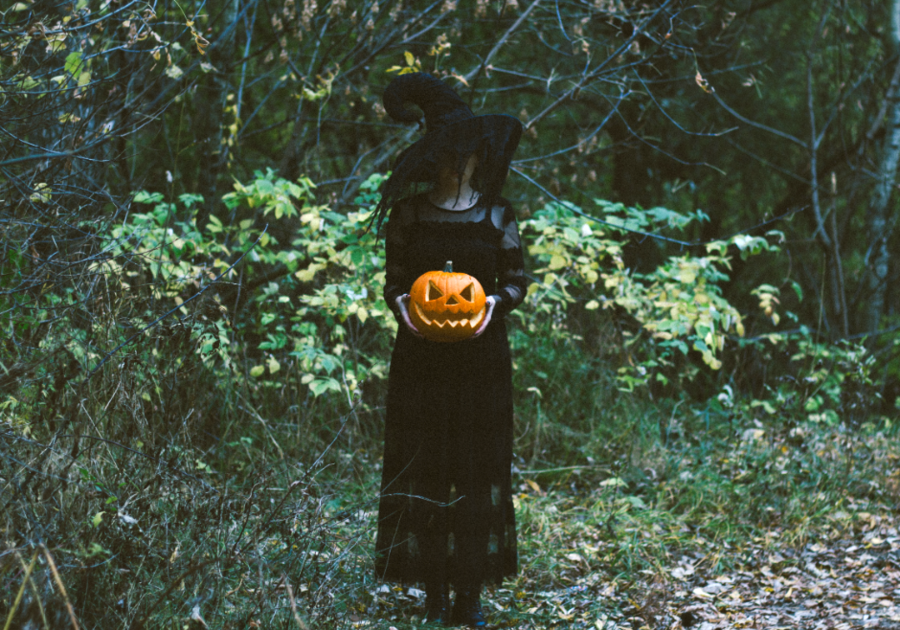Superstitions have been an integral part of human culture since ancient times. While some may dismiss them as mere beliefs, superstitions often hold a powerful grip on people's minds. We will explore bad omens or superstitions from various corners of the world, shedding light on the fascinating and sometimes puzzling beliefs that have shaped different societies.
The Unlucky Number 13
In many Western cultures, the number 13 is widely regarded as unlucky. This superstition is rooted in various historical, religious, and mythological sources. The fear associated with the number 13 is so pervasive that it even has a name - triskaidekaphobia. Many buildings skip the 13th floor, and some hotels avoid numbering their rooms with 13.
The Evil Eye
The evil eye is a common superstition found in many parts of the globe, including the Mediterranean region, Eastern Europe, and parts of South Asia. It is believed that certain individuals possess the power to cast a malevolent gaze, which can bring misfortune or harm to others. To protect against the evil eye, people often wear talismans or amulets, such as the Hamsa hand or the Nazar.
Breaking Mirrors
Shattering a mirror is considered a bad omen in various cultures, including Western societies. This superstition stems from the belief that a broken mirror can bring seven years of bad luck. The origin of this belief is unclear, but it may be linked to ancient beliefs about the soul being reflected in mirrors.
Black Cats Crossing Your Path
Black cats have long been associated with bad luck and witchcraft. In Western cultures, encountering a black cat crossing your path is considered an ominous sign. This superstition dates back to the Middle Ages and is rooted in the fear of witches and their alleged ability to transform into cats. Despite their negative reputation, black cats are highly regarded as lucky symbols in some cultures, such as Japanese and Scottish.
Friday the 13th
Combining two potent sources of superstition, the convergence of Friday and the number 13 creates a particularly feared day. Friday the 13th is believed to be a day of misfortune and bad luck in many cultures. This superstition has led to the creation of movies, legends, and even a recognized phobia called paraskevidekatriaphobia.
Superstitions surrounding bad omens reveal the fascinating ways in which cultures interpret and engage with the unknown. From the fear of the number 13 to the belief in the evil eye, these superstitions provide a glimpse into the complex tapestry of human beliefs and traditions. While some may dismiss them as irrational, the power of superstitions is undeniable, transcending borders and generations. So, the next time you catch yourself avoiding a black cat or gasping at a shattered mirror, remember that you are participating in an ancient dance of human beliefs.



